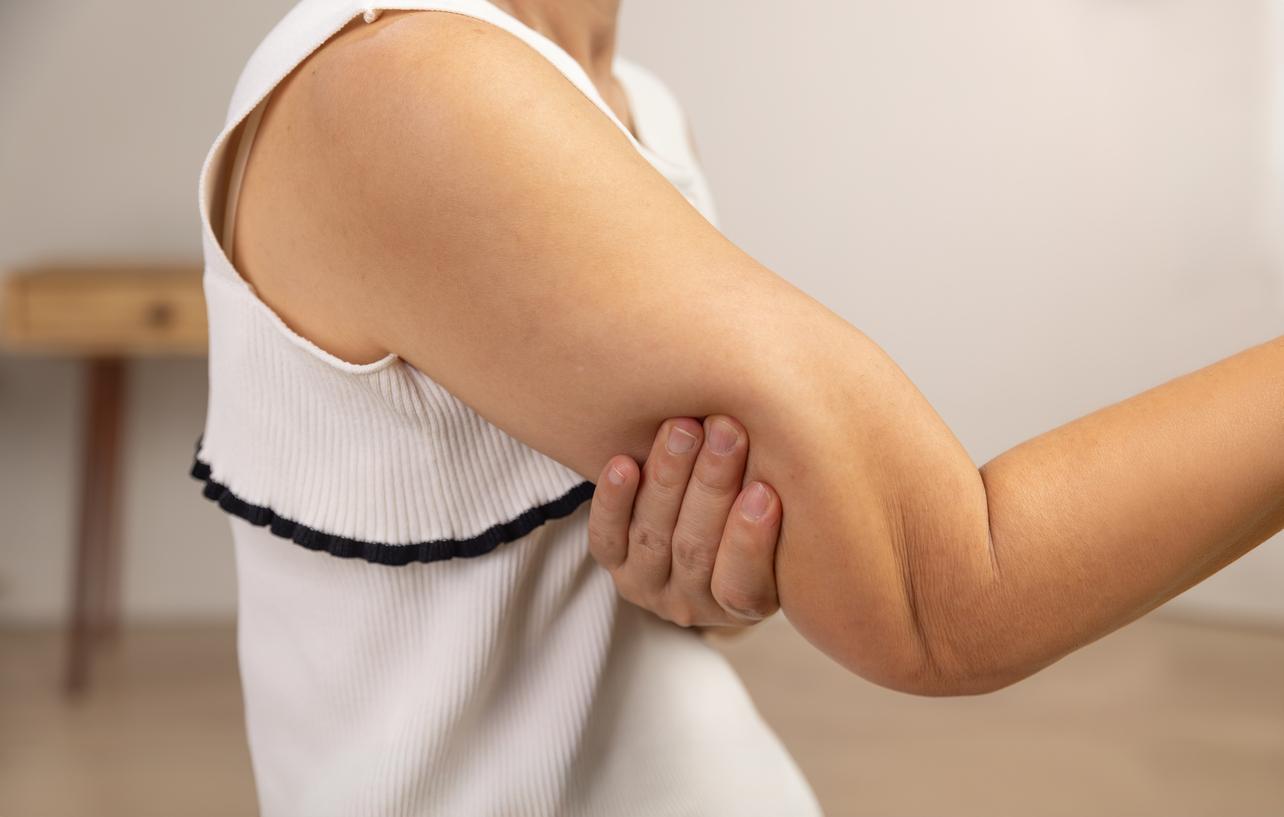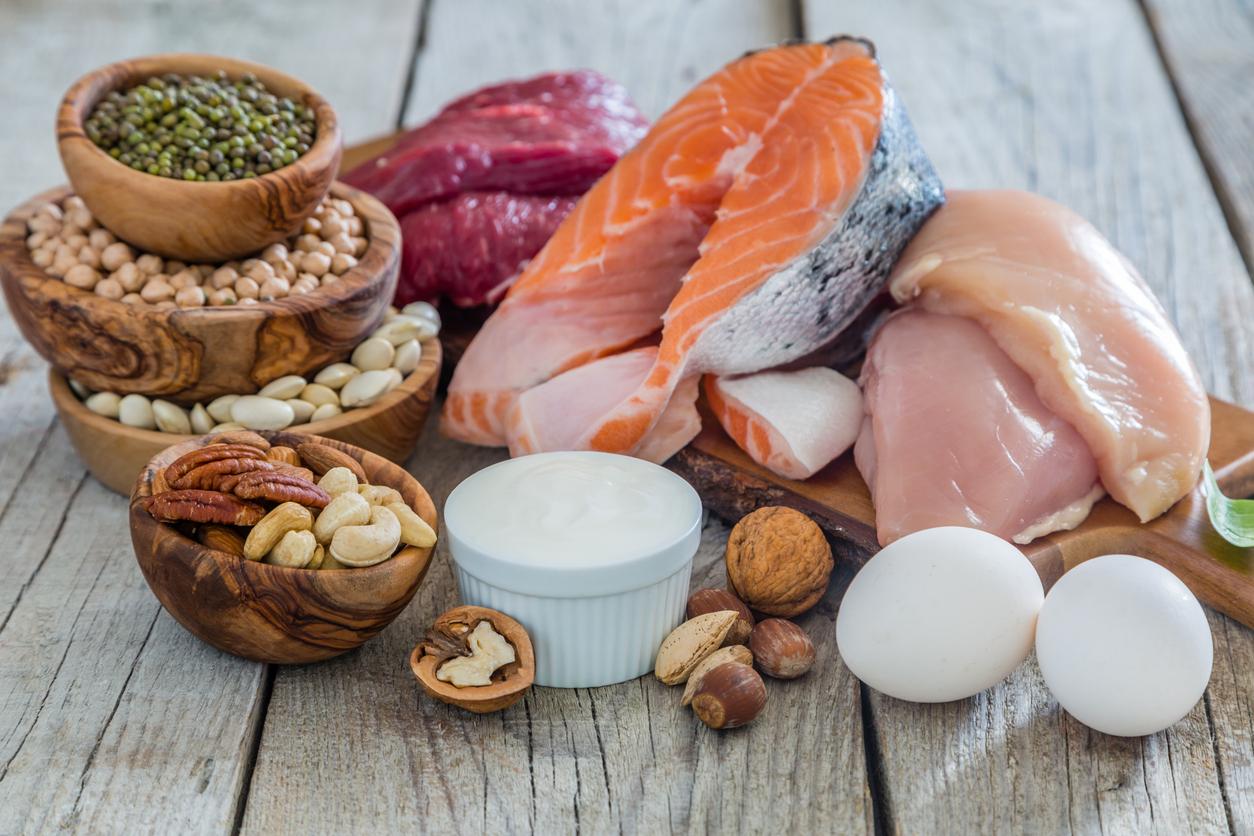Since muscle weighs more than fat, you should not monitor your weight in kilograms but other indicators when dieting. Explanations.

- The best thing is to follow the evolution of your diet by noting – regularly – your measurements.
- The other option is to use an impedance balance.
“The more muscular the body, the more calories it expends at rest”, explains Yannick Gouverneur, coach at French and Fit, which offers online sports lessons. I therefore recommend alternating between “cardio” sessions and muscle building activities, the former will burn calories during exercise, while the latter increase muscle mass.” Thus, during a diet, it is often advisable to have a balanced diet and, also, to play sports. The body will be firmer but not necessarily lighter because muscle is denser than fat. He weighs more. It is therefore not necessary to monitor the weight in kilograms displayed on the scale.
The best thing is to follow the evolution of your diet by noting – regularly – your measurements. The waist circumference is for example a very good indicator. The other option is to use an impedance balance. This type of device makes it possible to know the composition of your body in fats and to measure its evolution. This must represent approximately 15% to 20% of the weight of a man and 25% to 30% in a woman.
The daily calorie balance should be slightly negative
The amount of calories an adult needs each day depends on several factors like gender, age, height, weight, etc. Nevertheless, a recommended and average daily intake has been estimated for each sex. An adult male should consume between 2,400 and 2,600 calories per day, depending on how active he is. For an adult woman, that’s 1,800 to 2,200 calories. Thus, to lose weight, an individual’s daily calorie balance must be slightly negative, below zero. In other words, the body expends more calories than it is supplied by eating. Without starving yourself either, otherwise the diet will not be effective over time.
For optimal results, the ideal is to combine this diet with regular physical activity, in order to increase the body’s energy expenditure. Two to three sports sessions per week, preferably cardio and muscle strengthening activities. And, in addition, you have to try to walk 10,000 steps a day. If the end goal is to gain muscle, it is best to consume protein either directly in the diet or by taking dietary supplements.
A digestive walk after the meal
“In order not to be stored as fat, excess calories must be burned between 6 and 10 hours after a meal, which is why I always recommend a digestive walk, underlines Maïa Beaudelaire, nutritionist and expert in micronutrition. And if the goal is to burn off excess calories, the ideal time to exercise is in the morning on an empty stomach.”
In parallel with this food and sports program, it is also necessary to take care of hydration and sleep, which remain two crucial allies. It is recommended to drink two liters of water a day because it reduces the feeling of hunger, hydrates the body, helps digestion and intestinal transit. Please note that tea or flavored drinks do not count towards these two litres.
.















